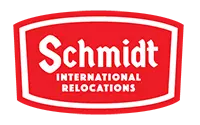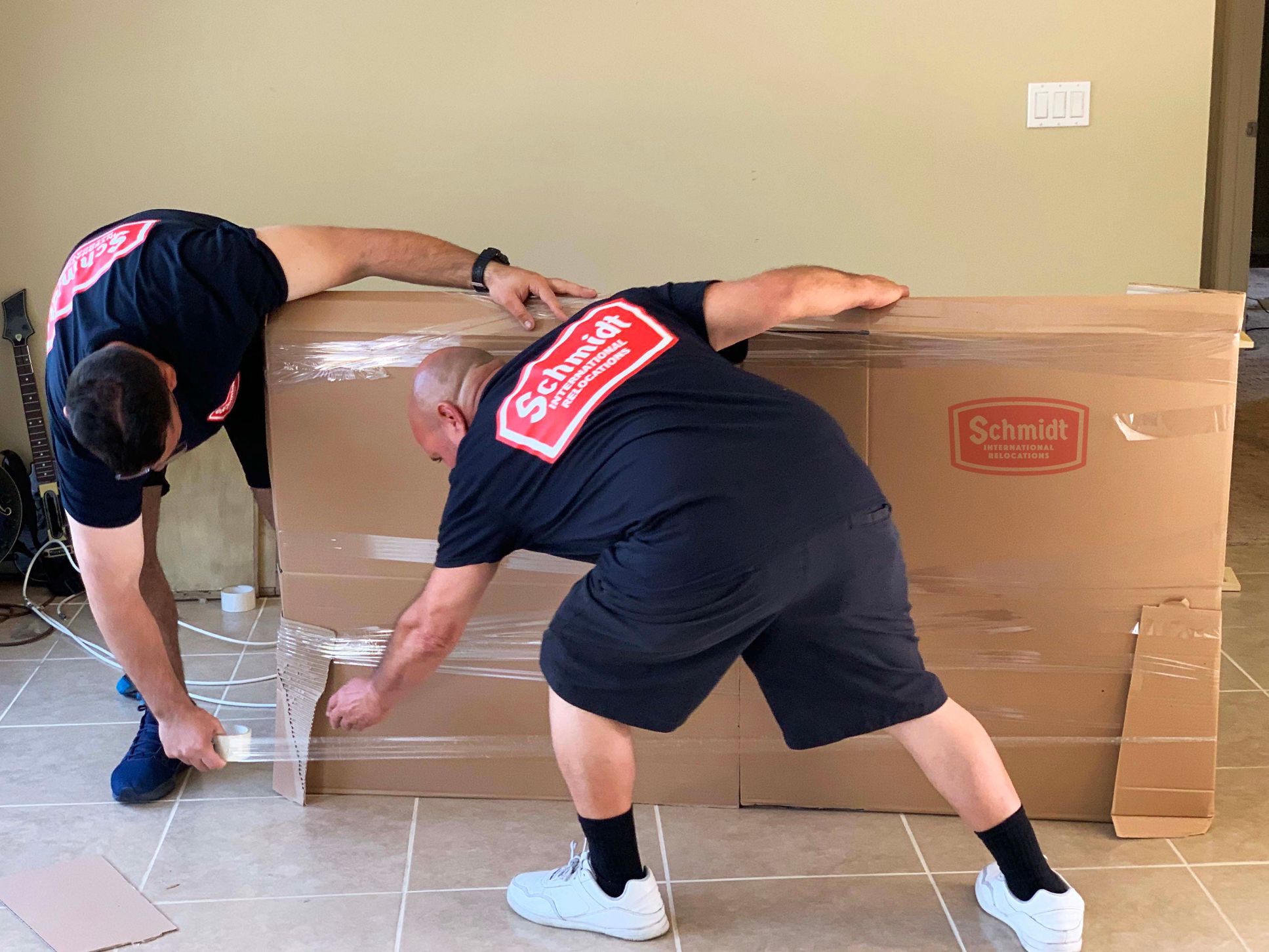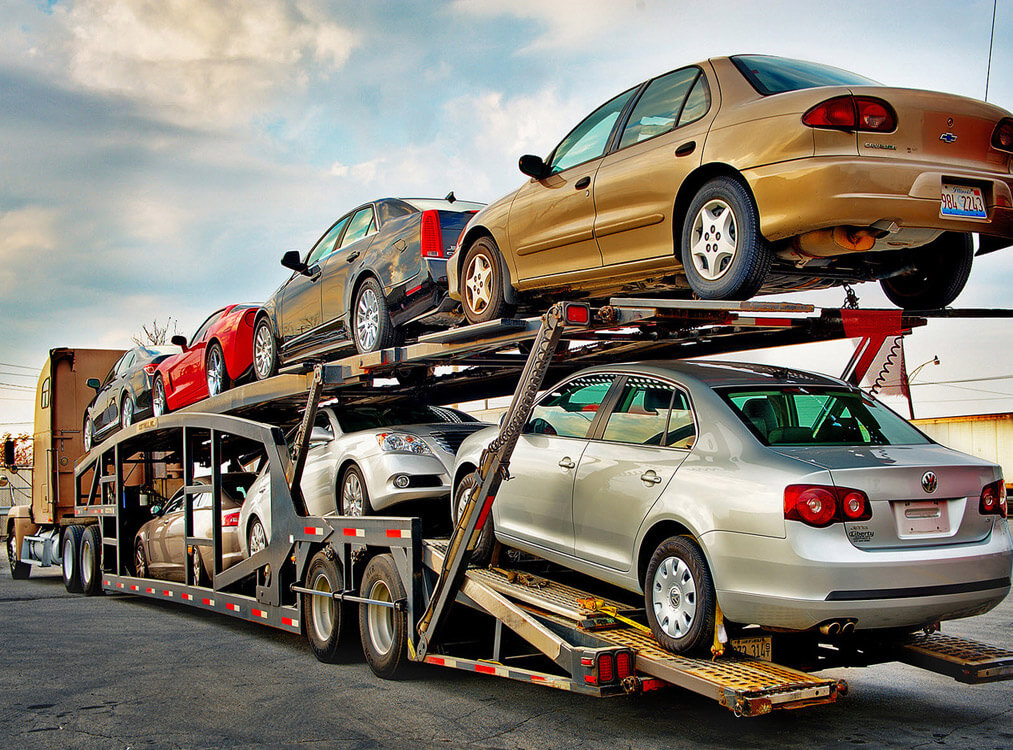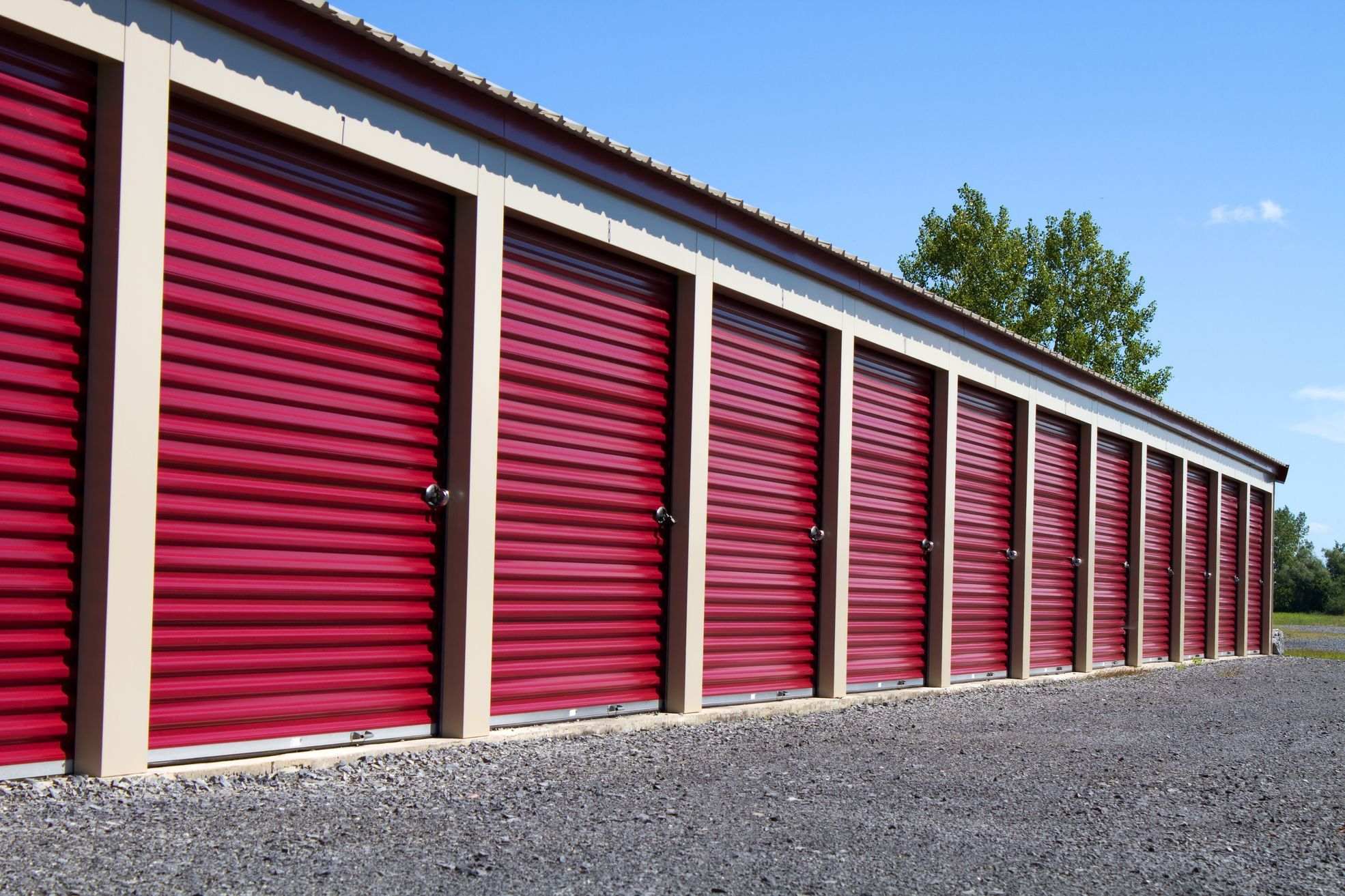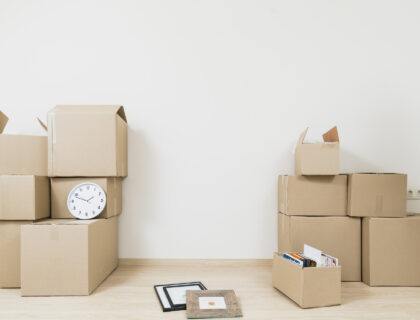

From obtaining a visa to packing up your belongings, there are many important things to consider when organizing an international relocation. So, how to prepare for a move to ensure a smooth transition? In this article, we will explore some essential steps on how to get ready to move, so you can start your new life abroad worry-free.
Preparing for an international relocation involves several key steps, including researching your destination country, securing necessary documents, deciding what to bring, organizing shipping logistics, and choosing the right relocation company. It is also important to consider health and safety concerns and to secure appropriate health insurance coverage. By staying organized and following a thorough plan, you can prepare for a successful relocation abroad.
The Excitement and Importance of Thorough Preparation
Moving abroad can be an exciting and life-changing experience, but it also requires an extensive relocation day preparation process. Whether you’re relocating for a job, education, or adventure, there are several steps you need to take to ensure a successful transition.
From obtaining a visa and researching your new home country to packing your belongings and saying goodbye to loved ones, there’s a lot to consider before embarking on this journey. While the prospect of living in a new place can be exhilarating, it’s important to take the time to prepare properly to ensure a smooth transition.

How to Prepare for a Move – Paperwork Edition
Relocating abroad alone or with your loved ones not only requires you to prepare your belongings but also the necessary paperwork. All the documents needed to travel abroad should be prepared in advance to avoid unnecessary stress and delays later on. In the following text, we’ll discuss the paperwork side of international relocation and provide you with helpful tips to make the process smoother.
Gather All Legal Documents
Ensure that you have all the necessary legal documents before the relocation day comes, including (but not limited to):
- Birth certificates,
- Marriage certificates,
- Diplomas,
- Medical records,
- Driver’s licenses,
- Insurance policies.
Additionally, don’t forget to inform the necessary authorities and update your records before the relocation day. Inform the IRS, banks, and credit card companies of your relocation, so they can update their records. You should also notify the post office of your temporary forwarding address. Don’t forget to update emergency contacts, health care, and insurance providers with your new address information, as well.
Securing Visas and Work Permits
You will also need to secure a visa and possibly a work permit (if you plan to work abroad), which will allow you to stay in the new country legally. Different countries have unique visa types, requirements, and application procedures.
It’s essential to understand the visa options available to you. For most countries, the categories of visas available are family, work, business, and student. The application process may require a background check, medical examination, and biometric data. Preparing all required documents and submitting them in advance will help ease the process of securing your visa.
Obtaining or Renewing Passports
One of the most important documents you’ll need when relocating internationally is your passport. Ensure it is up to date and that it won’t expire anytime soon – you need to renew it six months before expiration. Generally, passport applications require a recent passport photo, the application fee, and filling out the application form.
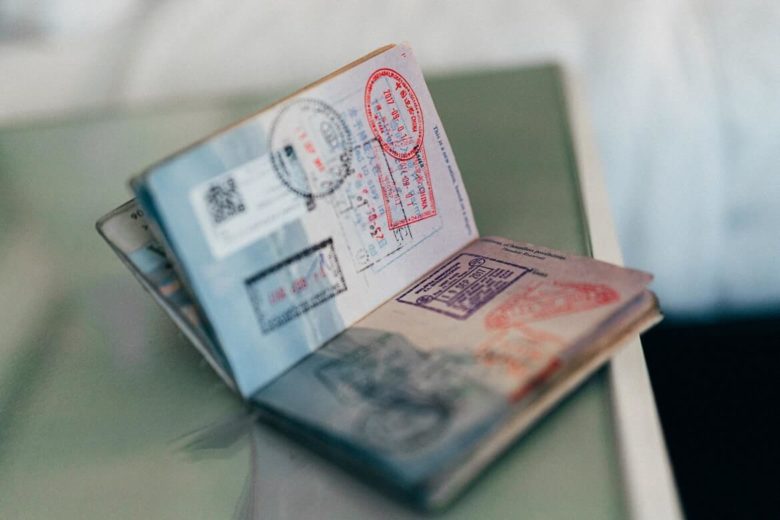
Moving Preparation Should Include Researching Your Destination
Each country has its unique culture and vibe, so doing research can give you an idea of what to expect, help you feel more comfortable when you arrive, and help you adjust to a new place faster. Researching your new destination will also give you an idea of what to expect in terms of safety, accessibility, schools, healthcare facilities, and other important amenities.
If you wish to find a job abroad, researching the local job market and potential employment opportunities can help you determine whether the relocation is financially feasible. You can use online resources, such as city guides and social media groups, to gather information about your new location.
Preparing to Move Financially
There are a number of things you need to consider to ensure that you are financially secure before, during, and after the relocation. If you need any assistance, we are here to provide some useful advice on how to prepare for moving from the financial aspect.
Create a Budget for Your Move
Having a clear budget in place will help you stay on track and avoid overspending. Start by listing all the expenses you can think of, including packing and shipping costs, transportation, storage fees (if you plan on getting storage services), and so on. Once you have a list of expenses, you can determine how much money you will need to cover each one. You may find that you need to relocate on a low budget, so you’ll have to cut back on certain costs or prioritize certain expenses over others.
Research the Cost of Living in Your New Country
Researching the cost of living abroad will help you to determine how much money you will need to live comfortably and cover all your expenses. You may find that some expenses, such as housing and healthcare, are more or less expensive in your new country than they were in your old one. Use websites such as Numbeo to get an idea about living expenses in your future destination.
Set up Bank Accounts and Transfer Funds
Setting up a bank account abroad will allow you to transfer money easily and avoid any fees associated with exchanging currency. You should also look into any tax implications of transferring money to your new country and make sure that you comply with all relevant laws and regulations.
How to Get Ready to Move by Decluttering and Downsizing
Start decluttering and downsizing at least a few weeks before you relocate. This will give you enough time to go through everything and make thoughtful decisions about what to keep and what to let go of. It’s a good idea to make a plan for each room in your home, starting with the areas that have the most clutter. Consider each item carefully and ask yourself if it’s something you use regularly, if it has sentimental value, or if it can be easily replaced.
For items that are no longer usable or in poor condition, consider disposing of them in an eco-friendly way, such as recycling. Continue decluttering until you’ve gone through everything in your home. Remember – the less you have to relocate, the easier and less expensive your relocation will be.
Creating an Inventory List of Belongings
Creating a relocation inventory list of your belongings after decluttering but before getting packing services is a smart and practical way to keep track of what you own. To supplement your written list, take photos of each item. This will help you identify items in case of loss or damage.
If you have a last-minute relocation, chances are you won’t have enough time to make a detailed household inventory list. In that case, use advice from the video below and document your inventory in no time.

Selling, Donating, or Storing Unwanted Items
Selling unwanted items can be a great way to make some extra cash. You can sell items online through platforms like eBay or Craigslist. You can also organize a garage sale or take items to a consignment shop. Donating unwanted items is a great way to give back to the community and help those in need. You can donate items to charities such as Goodwill, Salvation Army, or local thrift stores.
Storing unwanted items can be a good option if you’re not quite ready to part with them but don’t have the space to keep them in your home. When storing items, be sure to use proper packing materials and label your boxes clearly so you can easily find what you need later on.
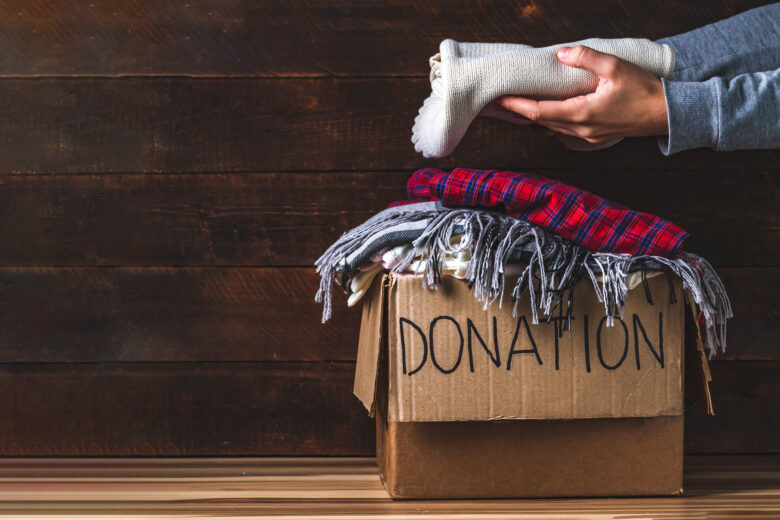
Organizing the Logistics of Your Move
Organizing shipping logistics when preparing to move can be complex and time-consuming, and it’s almost impossible to do it on your own when you plan to relocate internationally. That is why many future expats opt to research shipping companies that specialize in international moves.
Choosing an International Moving Company
Hiring a reliable and reputable international moving company, such as Schmidt International Relocations, is important to ensure that your belongings arrive safely and on time. International movers specialize in relocating belongings across borders and can provide expert advice on customs regulations, import/export requirements, and transportation options.
Naturally, these companies have experience with the logistics of international moves and can help you navigate the complexities of international shipping. They also know all about security measures required for shipping across borders and can provide extra protection for your belongings during transit.
Besides choosing international moving services that fit your needs, look for a team with experience and good reviews. Get quotes from multiple companies and compare their services, prices, and recommendations. Make sure to get detailed information on what is included in the quote and any additional fees. Remember to verify that the company is licensed and insured to handle international moves.
How to Prepare for Moving in Terms of Health and Safety
During the moving preparation process, keep your relocation organized to avoid accidents and injuries. If you don’t plan on getting packing services, make sure to pack your belongings carefully and label boxes clearly.
Keep walkways and staircases clear of clutter and debris, and use proper lifting techniques – don’t forget to bend your knees and lift with your legs and not your back. Relocation can be physically demanding, so it’s important to stay hydrated. Drink plenty of water throughout the day, especially if you’re doing heavy lifting or physical activity. Additionally, avoid loose clothing that can get caught on objects or create a tripping hazard.
Secure Health and Travel Insurance
Securing health and travel insurance is an important step when moving abroad to ensure that you and your family are protected in case of unexpected medical emergencies. Therefore, ensure you research insurance options that are available in your destination country. Look for insurance providers that offer coverage for international travelers and have experience working with expats.
Compare insurance plans from multiple providers to find the best coverage for your needs and budget. Check for any exclusions or limitations on coverage, such as pre-existing conditions, high-risk activities, or certain medical procedures.
In the end, keep your insurance policy up-to-date by renewing it on time. Be aware of any changes to the policy or coverage, and make sure you understand any new terms or conditions – it’s the best way to ensure peace of mind knowing that you and your family are protected.

Say Goodbye and Embrace Change When Moving Internationally
Saying goodbye to your old home and embracing a new culture can be difficult, but with proper planning, preparation, and help from reliable movers such as Schmidt International Relocations, you can make the transition smoother and more successful. Remember to stay organized, prioritize your health and safety, and secure the necessary documentation and insurance for your relocation. With an open mind and a positive attitude, you can turn your international relocation into a memorable and rewarding experience.
FAQ
What Is the Best Way to Create a Moving Plan or Checklist?
The best way to create a relocation checklist is to start by making a to-do list of all the tasks you need to complete, such as packing, choosing a relocation company, and transferring utilities. You can then organize these tasks into categories and assign them deadlines until they need to be completed.
How Early Should I Start Preparing for My Move?
It is recommended to start preparing for your relocation across the world at least two months in advance. This will give you enough time to organize important documents, sort through your belongings, hire movers, and make any necessary arrangements.
What Are Some Tips for Finding a Reliable Moving Company?
Some relocation tips for finding a reliable international relocation company include asking for recommendations from friends and family, checking online reviews, and verifying the company’s license and insurance.
How Can I Efficiently Pack My Belongings for the Move?
To efficiently pack your belongings when planning a relocation to another city abroad, start by decluttering and sorting items by category. Decide what you want to keep, and use sturdy boxes and quality packing materials for those belongings. Label boxes clearly, and consider hiring professionals to pack fragile items and other delicate objects.
What Are Some Essential Documents I Need to Gather Before Moving?
Some essential documents to gather before moving overseas are passports, visas, and permits, but also medical records, insurance policies, and financial documents, such as bank statements and tax returns.
How Do I Create a Realistic Budget for My Move?
To create a realistic budget, consider factors such as the distance, the size of your household, and any additional services you may need. Get quotes from multiple international relocation companies and factor in any potential unexpected expenses.
What Should I Consider When Downsizing and Decluttering My Belongings?
When downsizing and decluttering your belongings, bring only those you use frequently or those that have high sentimental or financial value. Consider donating or selling items you no longer need or use. Take into account the high cost of international moves and try to leave as many large objects as possible behind.
How Can I Ensure a Smooth Transition of Utilities and Services to My New Home?
Typically, you would need to contact providers in advance to arrange for transfers or new service installations. However, since you’ll be relocating to a whole new country, you would need to call your providers to cancel all services.
What Are Some Ways to Stay Organized During the Moving Process?
Some ways to stay organized include keeping a detailed plan or checklist, labeling boxes clearly, packing items by category or room, keeping important documents in a designated folder or binder, and using a calendar or reminder app to keep track of important dates and deadlines.
How Can I Make the Moving Process Less Stressful for My Family and Pets?
To reduce the amount of relocation stress for your family and pets, try to maintain a routine and familiarize them with the new surroundings. Additionally, consider hiring a pet sitter or arranging temporary housing for your pets during the relocation process.
